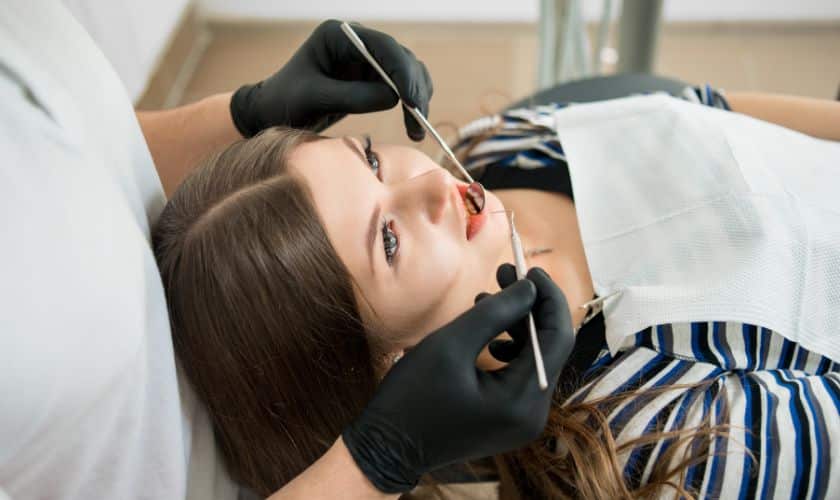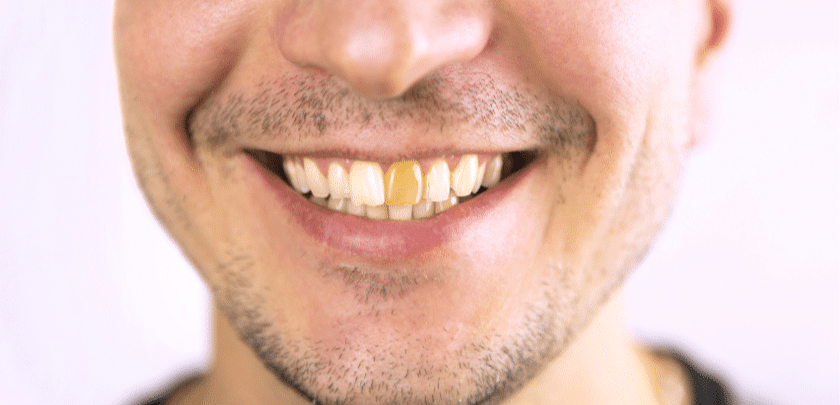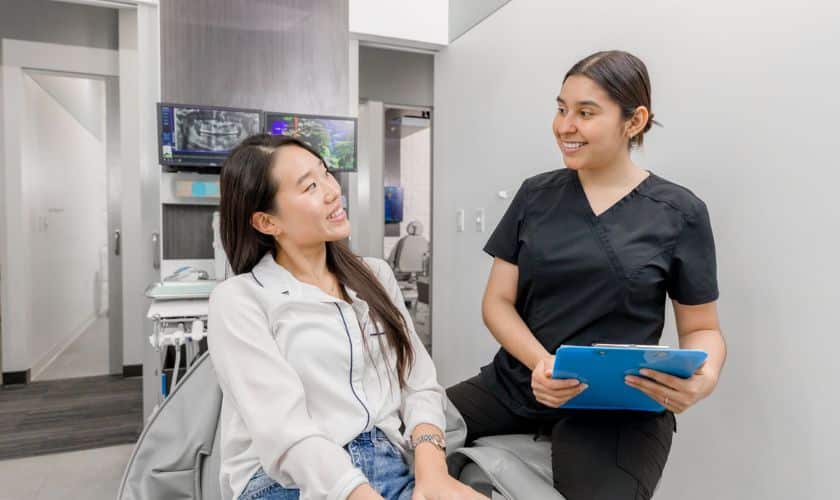Pearl Dental Blog

Smile Savvy: Unlocking The Secrets Of A Comprehensive Dental Exam
Welcome to “Smile Savvy: Unlocking the Secrets of a Comprehensive Dental Exam.” Your oral health is crucial, and regular dental exams are vital to maintaining a beautiful smile. This guide will delve into dental exams, revealing the importance, benefits, and procedures involved. From the initial check-up to the thorough assessment of your teeth and gums, you’ll gain insights into how dental exams contribute to the early detection of oral issues and preventive care. Get ready to embark on a journey toward optimal oral health and discover the hidden secrets of a comprehensive dental exam.
Understanding The Purpose Of Dental Exams
1. Early Detection: Dental exams are essential for identifying dental issues in their early stages, such as cavities, gum disease, or oral cancer, allowing for prompt treatment and prevention of further complications.
2. Oral Health Assessment: Dental exams involve thoroughly examining your teeth, gums, and oral tissues to assess their overall health, including checking for signs of decay, gum inflammation, or abnormalities.
3. Preventive Care: Regular dental exams help prevent dental problems by addressing oral hygiene practices, providing professional cleanings, and offering guidance on maintaining good oral health at home.
4. Treatment Planning: Dental exams enable dentists to develop personalized treatment plans based on the findings, addressing existing dental issues and creating a roadmap for long-term oral health.
5. Monitoring Dental Health: Dental exams allow dentists to monitor the condition of your teeth and gums over time, track any changes or developments, and adjust your oral care as needed.
The Components Of A Comprehensive Dental Exam
1. Medical History Review: The dental exam begins with a review of your medical history, including any existing health conditions, medications, or allergies that may impact your oral health.
2. Visual Examination: A visual examination of your mouth, teeth, gums, and surrounding tissues is conducted to check for any signs of tooth decay, gum disease, oral lesions, or abnormalities.
3. Dental X-rays: X-rays are often taken to get a more detailed view of your teeth and jaw, helping to identify issues such as hidden cavities, impacted teeth, or bone loss.
4. Periodontal Evaluation: The health of your gums is assessed through a periodontal evaluation, which involves measuring the depth of gum pockets and checking for signs of gum inflammation or recession.
5. Oral Cancer Screening: A thorough examination of your oral tissues, including the lips, tongue, cheeks, and throat, is performed to detect any signs of oral cancer or precancerous conditions.
6. Bite and Jaw Assessment: The dentist may evaluate your bite alignment, jaw joint function, and any signs of teeth grinding or temporomandibular joint (TMJ) disorders.
7. Treatment Recommendations: Based on the exam findings, the dentist will provide personalized treatment recommendations, including dental cleanings, restorative procedures, orthodontic treatment, or other necessary interventions.
8. Oral Hygiene Instructions: The dental exam often includes guidance on proper oral hygiene practices, including brushing techniques, flossing, and using additional dental hygiene aids.
Upsides Of Regular Dental Exams
1. Early Detection of Dental Issues: Regular dental exams allow for early detection of dental problems such as cavities, gum disease, or oral infections. This early detection can prevent the progression of these issues and potentially save your teeth from further damage.
2. Prevention of Oral Health Problems: Dental exams help in preventive care by identifying risk factors and providing necessary treatments or interventions. It can include professional cleanings to remove plaque and tartar buildup, the application of dental sealants, or fluoride treatments to strengthen teeth.
3. Oral Cancer Screening: Regular dental exams often include an oral cancer screening. It can help in early detection of oral cancer, increasing the chances of successful treatment and improved prognosis.
4. Personalized Oral Health Recommendations: Dental exams allow you to discuss your oral health concerns and receive personalized recommendations from the dentist. These recommendations may include oral hygiene instructions, dietary advice, or referrals to specialists for specific dental treatments.
5. Overall Health Assessment: Dental exams can offer insights into your health. Certain oral health conditions like gum disease have been linked to systemic health issues like cardiovascular disease and diabetes. Regular dental exams can identify and address potential signs of these conditions.
Who Requires A Dental Exam?
Dental exams are recommended for individuals of all ages, from children to adults and seniors. Everyone can benefit from regular dental exams regardless of age or oral health status. Children should start visiting the dentist as soon as their first tooth erupts or by their first birthday, while adults and seniors should continue with routine dental exams throughout their lives. Dental exams are particularly important for individuals with specific oral health concerns, such as gum disease, tooth decay, or other dental issues. Additionally, individuals with certain medical conditions, such as diabetes or heart disease, may require more frequent dental exams to monitor their oral health.
FAQs About Dental Exam
1. How often should I have a dental exam?
It is generally recommended to have a dental exam every six months, but the frequency may vary depending on your oral health needs and the dentist’s recommendation.
2. What happens during a dental exam?
A dental exam typically involves thoroughly examining your teeth, gums, and mouth, including checking for cavities, gum disease, and oral cancer. X-rays may also be taken to assess the health of your teeth and jaw.
3. Is a dental exam painful?
Dental exams are generally not painful. The dentist or hygienist will use gentle tools to examine your teeth and gums. If you experience any discomfort, you can communicate with your dentist, and they can make adjustments to ensure your comfort.
4. How long does a dental exam take?
The duration of a dental exam can vary, but it typically takes 45 minutes to an hour. However, it may take longer if additional procedures or treatments are required.
Dental exams are vital for maintaining optimal oral health and preventing dental problems. Regular check-ups allow for early detection and prompt treatment of any issues, ensuring a healthy smile and overall well-being. Individuals can enjoy the benefits of a confident and radiant smile by prioritizing dental exams. Remember, proactive dental care is the key to long-term oral health, so schedule your next dental exam today and experience the positive impact it can have on your overall quality of life.





